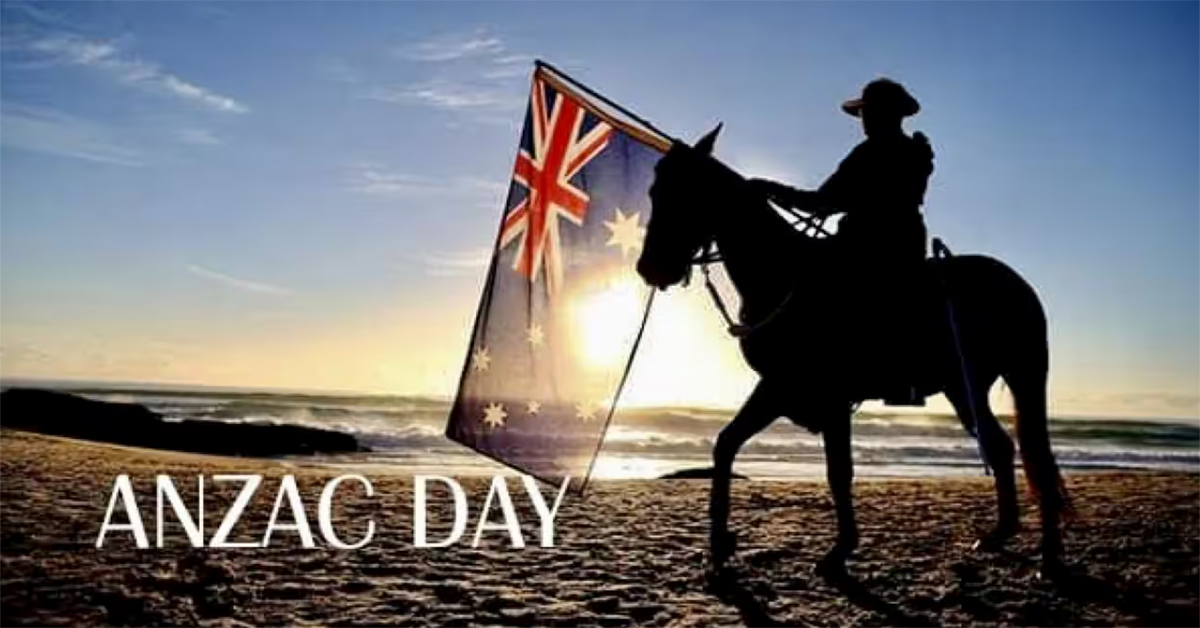In Australia and New Zealand, today is ANZAC Day. Every year I am asked the same question by someone: What has ANZAC day got to with God? Perhaps, more accurately: ‘What has ANZAC day got to do with a Christian witness and our engagement with Australian Society?’
This is a complex question because ANZAC Day is a complex event. It is not simply an occasion to remember those who served and died in war – we have November 11 as a very appropriate occasion for that. It is also a celebration of ‘all things Australian’, like ‘mateship’, ‘courage’, ‘sacrifice’ (never mind that these virtues can be found on all sides of a war as well as outside it).
Implicit in much of the mythology has been the alleged superiority of the Australian soldiers and the inferiority of the enemy or even those of allies (the role of New Zealand is all too often marginalised in Australian discussion of ANZAC, and the British belittled, even though they did the bulk of the fighting and dying).
Concurrent with this has been a tendency to lay the blame for failings almost everywhere but with the Australians, despite the fact that in WWI the Australian army was poorly trained and led, and experienced much higher rates of desertion, imprisonment and general criminality than other forces in the British Empire. As some more reflective historians have commented, the ANZAC myth has clouded not only public understanding but also professional military assessment of Australian participation and performance in WWI and subsequent wars.
At the popular level, ANZAC Day has become an occasional for crass commercialisation and exploitation like VB’s ‘Lift a Glass’ campaign some years ago. While Woolworth’s unauthorised ‘Fresh in our memories’ unpopular marketing campaign ground to a halt, there are many other attempts to cash in on Anzac Day for commercial gain. Also questionable and contrary to the supposed ethos of remembering military sacrifice is the trend of also every community group wanting to gain from association with the event.
What should Christians do in this ANZAC ‘season’? This is an individual choice. Clearly for some it will be an emotional time, remembering the suffering and loss of comrades or family members. These people need our support as individuals and as communities of faith.
For chaplains in the military, it may will an opportunity in their official duties to remind people of the consequences that all members of the armed forces face in the event of military action and therefore a time to reflect on their own position.
But there is also a need, perhaps a necessity, for churches to stand up against what can become a national cult, a national idol, and boozy celebration of ‘Being Australian’ (whatever that might be) and an exclusion of those who might not fit that image. This needs to be done sensitively, given the strong reactions such a stand will arouse.
It also needs to be done honestly, exploring what it is we should be remembering on ANZAC Day: what is our national identity? There needs to be greater integrity in understanding our history. Most especially, what voice should Christians have in these questions of history, identity, recognition and commemoration of days like this one?
Some food for thought …

